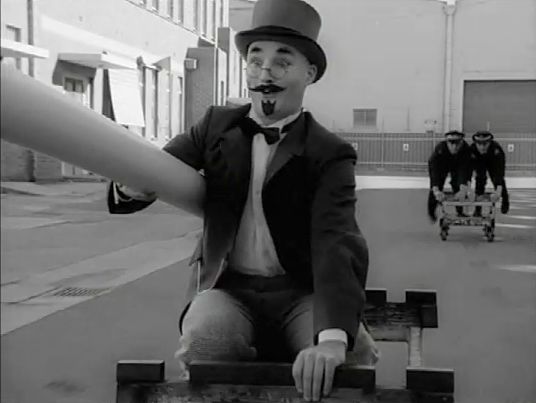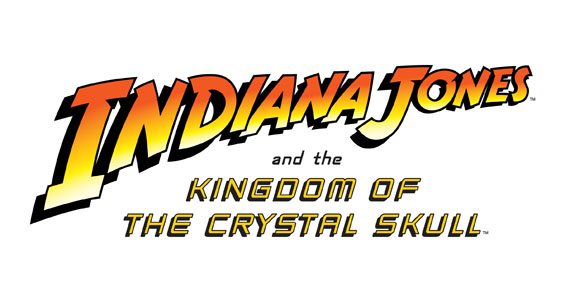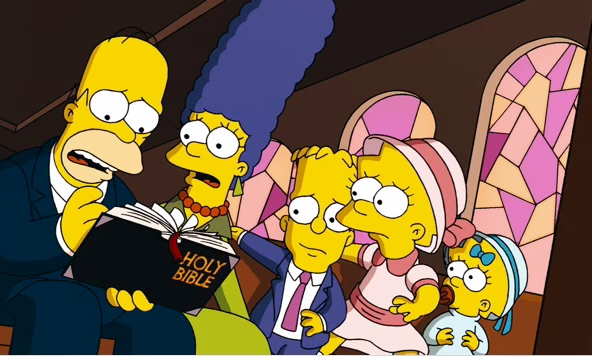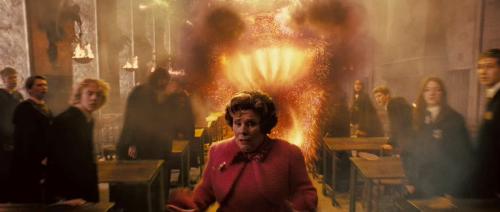Dr Plonk (Rolf de Heer, 2007)

Rolf de Heer’s new film, Dr Plonk, is built on a brave and irresistible premise. De Heer has made a real, honest-to-God silent movie, evoking about as closely as possible the feel of a silent comedy from the 1920s. The only remotely similar project I can think of is Mel Brooks’ Silent Movie, from 1976, but that film did things by halves: shooting in colour and (typically for Brooks) showing only the vaguest sympathy for the genre he was supposedly channelling. De Heer, by contrast, brings to Dr Plonk a serious filmmaker’s urging to get the little things right: the film is shot in black and white using hand-cranked cameras; the camera moves only occasionally, and is shaky when it does; there are intertitles, written with a good ear (eye?) for the style of period titles; and there’s even a slight variability in the brightness of the film that matches that seen in silent prints. The illusion is remarkable, and in the early passages, before the time-travel plot kicks in and the eponymous doctor travels o the present day, there’s really little other than the familiar face of Magda Szubanski to give this away as a contemporary production. At that level, it’s a remarkable achievement, and as a fan of silent films I really, really wanted to enjoy Dr Plonk more than I did. Unfortunately, de Heer’s film also shows up the difficulties of reviving what is basically a dead form.
Continue reading →



